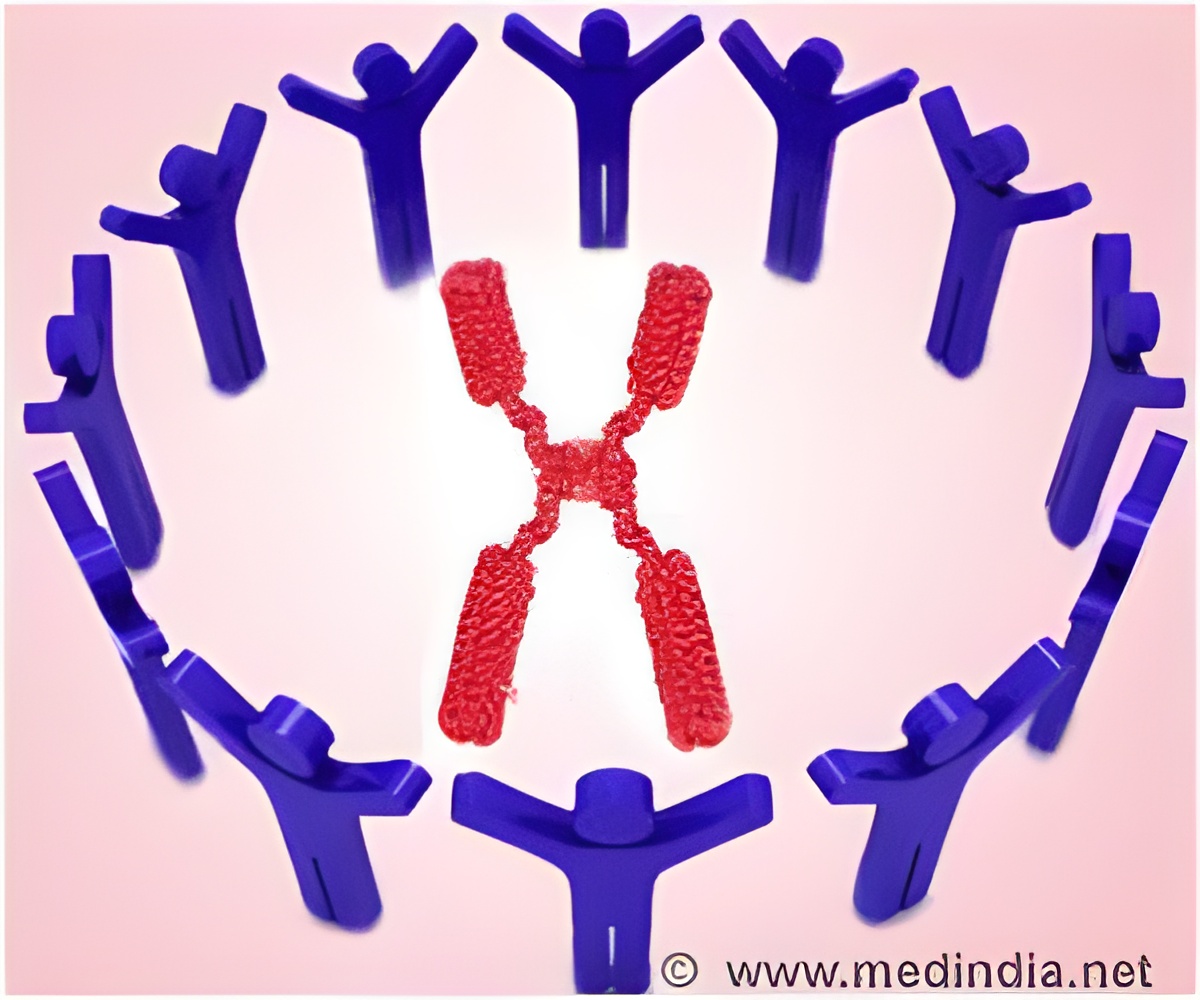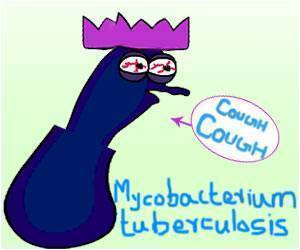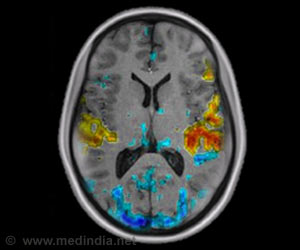An attempt was made in a new study, published in the journal of Molecular Biology and Evolution, to uncover the genes involved in ant-specific adaptations.

They identified 24 functional categories of genes that experienced strong positive selection in the ant lineage. Among the significant categories, some were related to nervous system development, behavior, immunity, metabolism, protein translation and degradation, but similar patterns were observed in flies and bees. Strikingly, they also found ant-specific signal of positive selection on genes with mitochondrial activity, that accounted for 11 out of the 24 significant categories. Additional analyses suggested that this could be an important molecular clue that may be responsible for increased lifespan of queens in the ant lineage — ant queens can live up to 30 years in some species. Mitochondria are cellular power plants in the cells, whose by-products are thought to be toxic and responsible for aging. "The improvement of mitochondrial activity by positive selection on ant genes might have been an important step toward the evolution of extreme lifespan that is a hallmark of this lineage," said Julien Roux.
Source-Eurekalert









